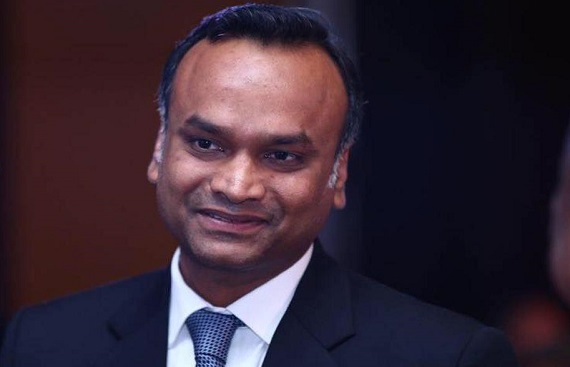Karnataka to Launch State-Specific AI Mission, Announces Minister Priyank Kharge

- Karnataka is planning an AI mission to address innovation, regulation, and employment challenges, to be part of the IT Policy 2025-2030 or a standalone initiative.
- Minister Priyank Kharge emphasizes regulatory sandboxes and investments to balance AI innovation with risks like deepfakes and financial frauds.
- An AI workforce impact study was launched on June 17 to analyze automation's effect on entry-level tech jobs, with the strategy to be finalized at the Bangalore Tech Summit in November.
Karnataka is considering the introduction of a specific artificial intelligence (AI) mission specific to the state's needs, as it struggles to find its way through the rapidly evolving AI innovation, regulation, and employment landscape. State Electronics and IT Minister Priyank Kharge announced that talks are going on to determine if this AI mission must be included as part of the upcoming Karnataka IT Policy 2025-2030 or as an independent policy initiative.
While the growth of AI adoption is gathering speed around the world, Karnataka, with India's biggest concentration of engineers, is at the juncture of challenge and opportunity. The minister realized the increasing complexity of the task of regulating a game-changing technology like AI, which is currently being applied across fields from healthcare to governance. While highlighting the tremendous potential of generative AI, he warned about the dangers it poses, such as the proliferation of deepfakes and AI-facilitated financial frauds. "It's very difficult to say that I will regulate AI now", Kharge said, emphasizing that a balanced and agile approach was necessary. He promoted the creation of regulatory sandboxes, in addition to more investments, incubators, and accelerators, so that innovation would not be suppressed and risks would be taken responsibly.
The government has already taken the first steps to comprehend the long-term effects of AI on the state's enormous IT industry. On June 17, it initiated an 'AI workforce impact study' to assess how automation and generative AI are affecting employment levels, especially at the entry level. Kharge said that AI was changing recruitment trends in the tech industry with the speed of junior-level hiring reducing sharply due to automation.
Karnataka is not the only one to hail this mission. Other states like Rajasthan, Maharashtra, Odisha, Haryana, Telangana, Tamil Nadu, Kerala, and Gujarat are launching their own AI-specific missions. These state missions are meant to drive AI-driven innovation, advance adoption in key sectors, and make public service delivery more efficient.
As meetings are ongoing with industry players and think tanks, Karnataka will complete its strategy over the next few months. The new IT policy, which may be tied in with or complemented by a state-level AI mission, is scheduled to be launched at the Bangalore Tech Summit in November, marking the state's seriousness in charting the future of AI responsibly and strategically.
